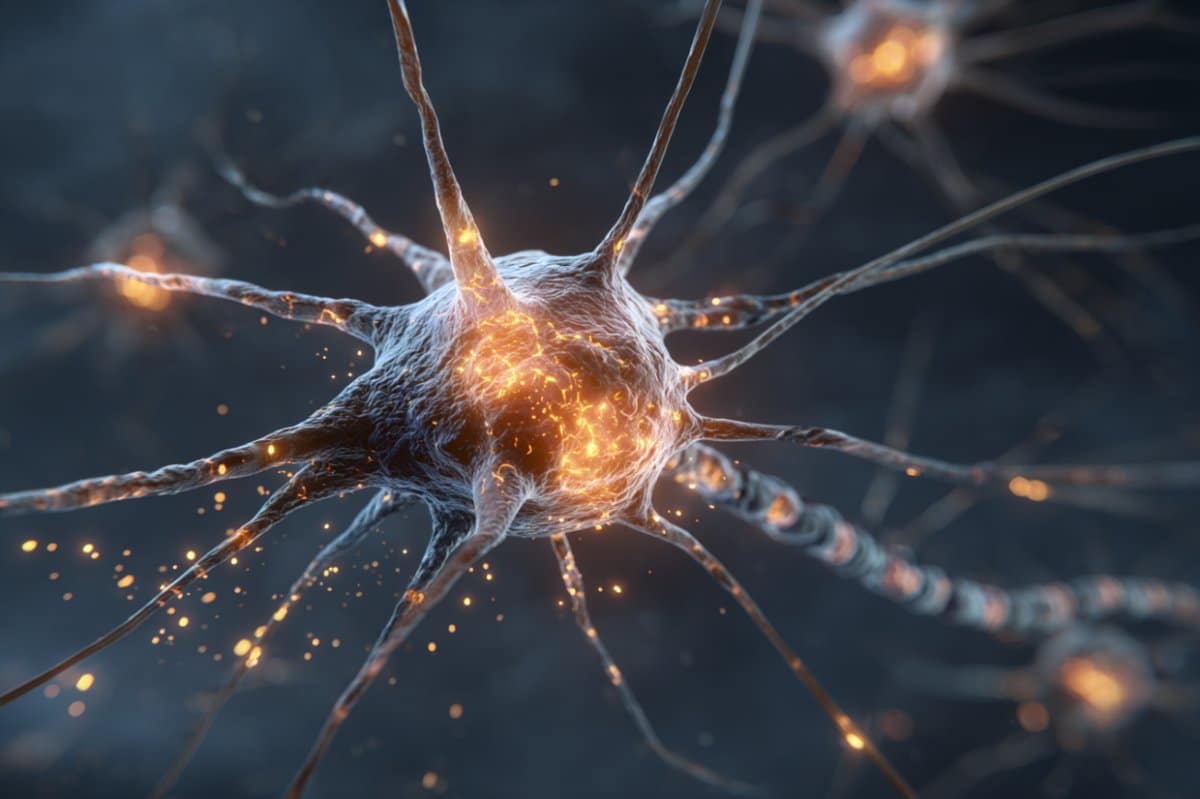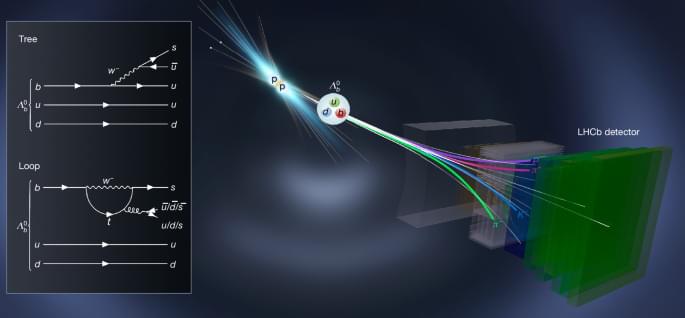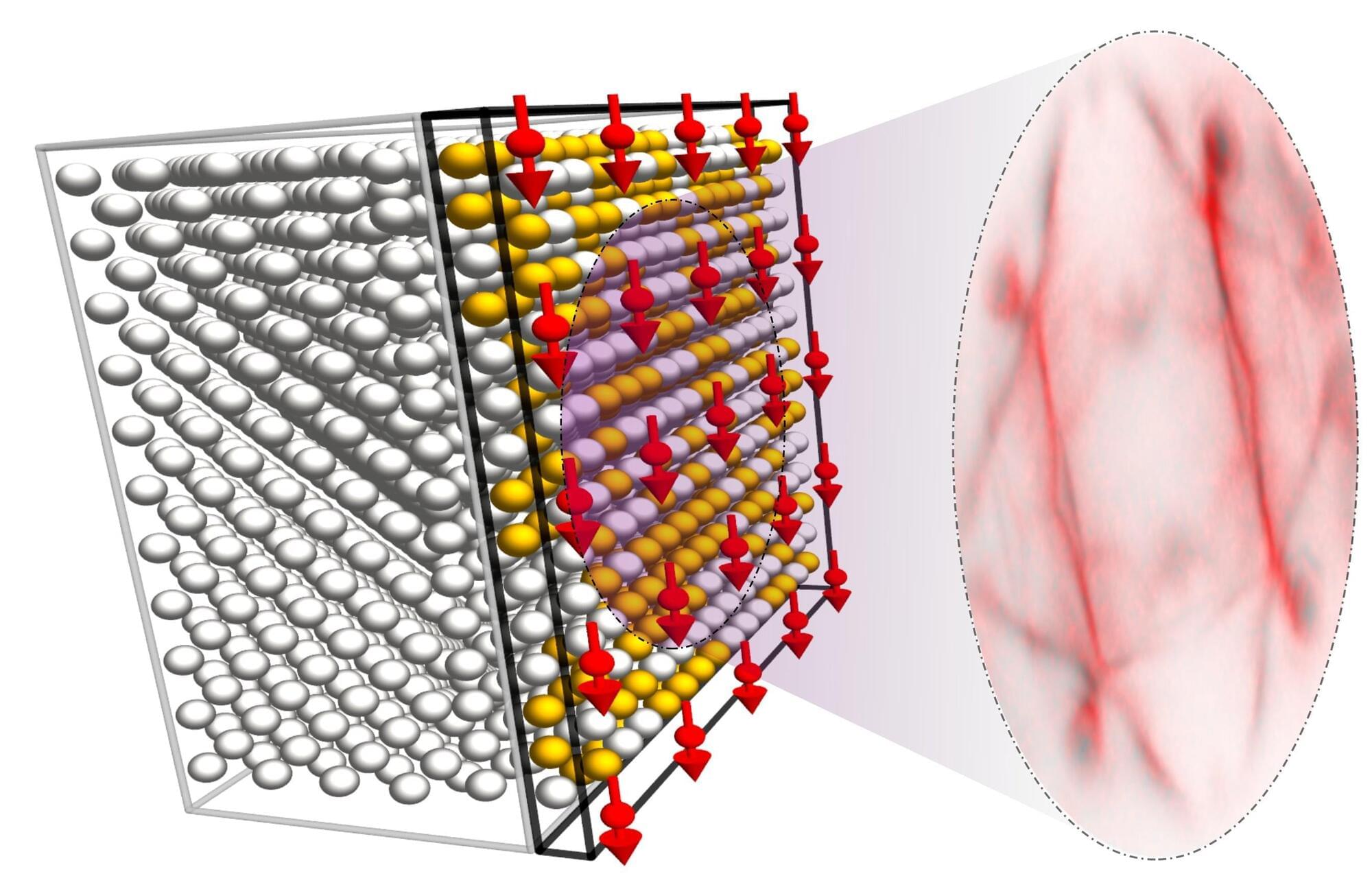At the forefront of discovery, where cutting-edge scientific questions are tackled, we often don’t have much data. Conversely, successful machine learning (ML) tends to rely on large, high-quality data sets for training. So how can researchers harness AI effectively to support their investigations?
In Physical Review Research, scientists describe an approach for working with ML to tackle complex questions in condensed matter physics. Their method tackles hard problems which were previously unsolvable by physicist simulations or by ML algorithms alone.
The researchers were interested in frustrated magnets— magnetic materials in which competing interactions lead to exotic magnetic properties. Studying these materials has helped to advance our understanding of quantum computing and shed light on quantum gravity. However, frustrated magnets are very difficult to simulate, because of the constraints arising from the way magnetic ions interact.









